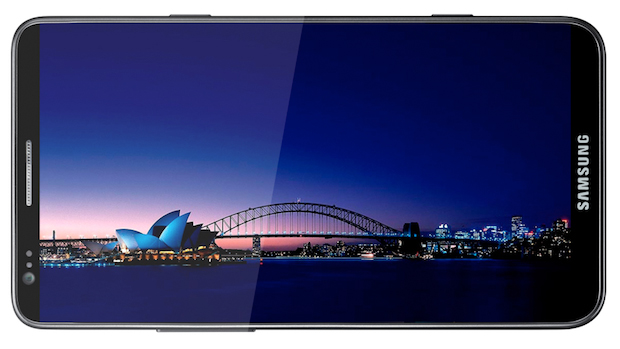
The lawyers up in Redmond seem to have been woken from their slumber with the sudden realization that -- oh look! -- Google's Android OS infringes on Microsoft's boatload of software patents. How specifically it does so is not identified, but Microsoft believes that elements from both the user interface and the underlying operating system are in violation of its rights. This is very much in keeping with the Windows maker's crusade to assert patent claims over Linux, which in the past has garnished it with cross-licensing deals with Amazon and Xandros, as well as a settlement from TomTom. Lawsuits are not yet being discussed here, but lest you think this is a small-time disturbance, longtime Windows Mobile / Windows Phone partner HTC has already decided to shorten its list of troubles by ponying up for a license from Microsoft that covers its Android phones -- it would be pretty insane if Microsoft sued one of its biggest and most important hardware manufacturers for patent infringement, after all. Even still, it's now an unfortunate fact that HTC is having to pay Microsoft royalties to use Google's operating system. Strange days, indeed.
Update: Microsoft deputy general counsel of intellectual property Horacio Gutierrez just sent us a statement saying that the company's been "talking to several device manufacturers to address our concerns relative to the Android mobile platform." We're taking that to mean the same as above: Microsoft isn't too interested in suing any of its Windows Mobile / Windows Phone partners, so it's trying to work out patent license deals with those companies in advance of any nastiness. It's an interesting strategy: patents forbid anyone from making, using, or selling your invention, so Redmond can protect its partners while still leaving open the possibility of a lawsuit with Google itself down the line. In fact, we'd almost say it seems like Microsoft's agreement with HTC is as much of a threat to Google as Apple's lawsuit -- Redmond's basically saying you can't sell an Android device without paying a license fee, and we'd bet those fees are real close to the Windows Phone 7 license fee. Clever, clever -- we'll see how this one plays out. Here's Horacio's full statement:
Microsoft has a decades-long record of investment in software platforms. As a result, we have built a significant patent portfolio in this field, and we have a responsibility to our customers, partners, and shareholders to ensure that competitors do not free ride on our innovations. We have also consistently taken a proactive approach to licensing to resolve IP infringement by other companies, and have been talking with several device manufacturers to address our concerns relative to the Android mobile platform.
Source






 1:27 PM
1:27 PM
 ciprimoloci
ciprimoloci





















